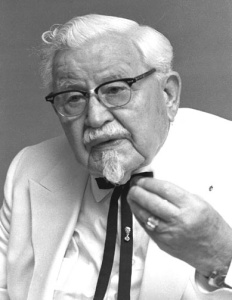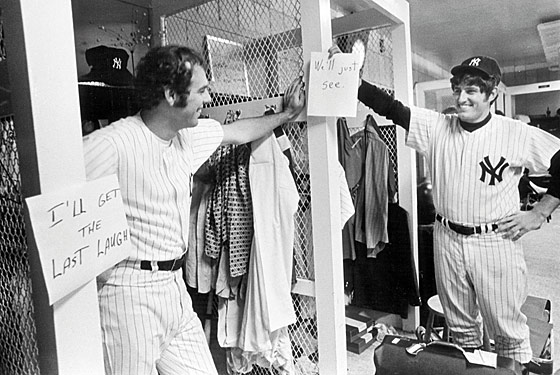In a smart Atlantic article, “India Invents a City,” Jeremy Kahn looks at Lavasa, a planned, high-tech hilltop urban development which may or may not be a model for Indian cities of tomorrow. The opening:
“At first glance, this could be Italy—the promenade, the sidewalk cafés and ice-cream parlors, the streetscape of conjoined little apartment houses in mustard, terra-cotta, ocher, olive, or beige. Even the name of the place, Lavasa, sounds vaguely Italian.
But look again, and this clearly isn’t Italy. It’s too clean, too new. There are too few tourists. There are hardly any people at all, actually. Which only makes it all the more improbable that Lavasa is, in fact, in India—land of auto rickshaws and slum dogs, of sweat and dust and litter. With only a handful of residents, Lavasa is a city-in-waiting. But its corporate backers believe it will soon represent nothing less than a new model of urban development and governance in India—a country where the phrase city planning has long been a contradiction in terms.
Lavasa sits in the Western Ghats, some 130 miles southeast of Mumbai, India’s financial and entertainment capital, and 40 miles west of Pune, a growing hub for software programming and computer animation. If all goes according to its master plan, Lavasa will eventually house more than 300,000 people in five distinct ‘towns.’ It will also have a world-class medical campus, luxury hotels, boarding schools, sports academies, a Nick Faldo–designed golf course, a space camp, and, its developers hope, animation and film studios, software-development companies, biotech labs, and law and architectural firms—in short, all of the knowledge industries at the heart of the ‘new India.’ Those industries have yet to buy in, but residential sales have been brisk: in Dasve, the first of Lavasa’s five towns, scheduled to be completed this year, the houses are almost sold out.”
••••••••••
The good people at the Lavasa Corporation are building you a lovely home:


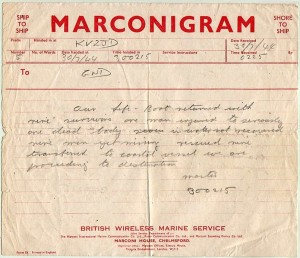

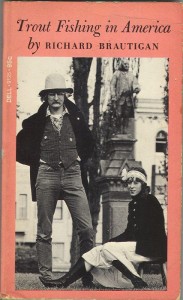
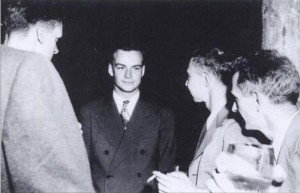
 k:
k:
